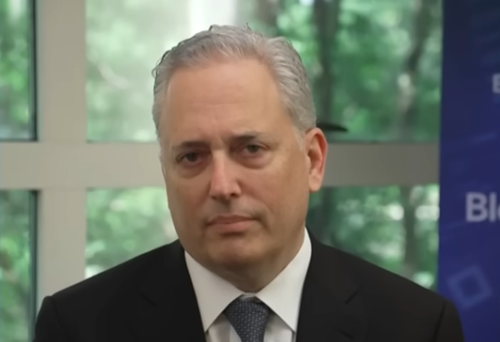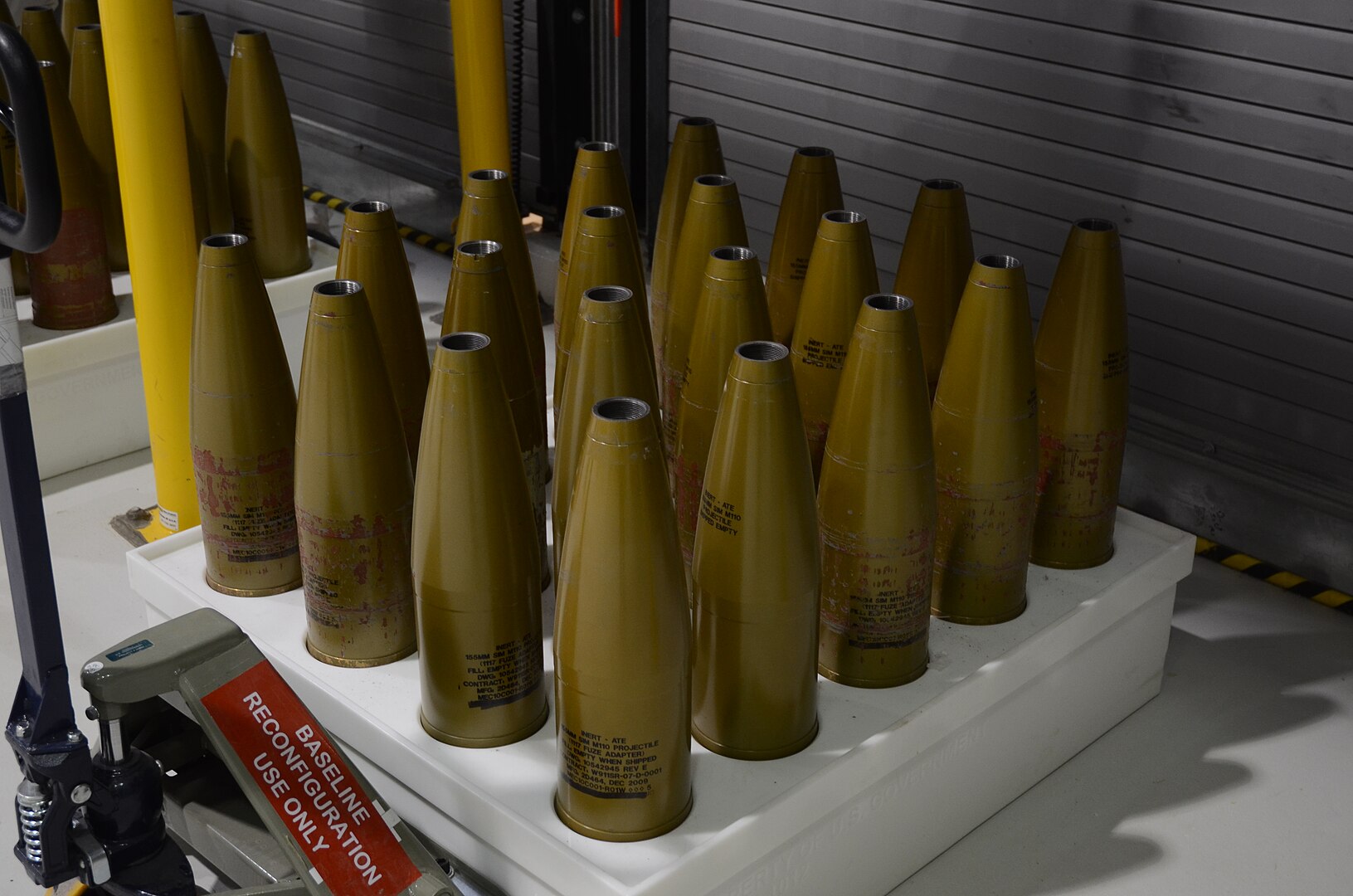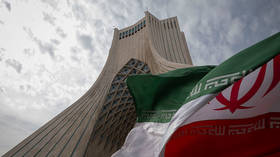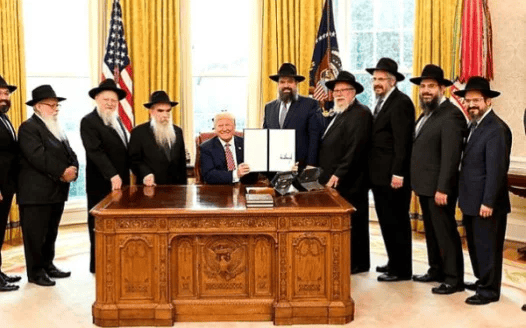David Sacks: This Is How We’ll Know If U.S. Has Lost AI Race To China
AI and Crypto Czar David Sacks warned Tuesday that preventing U.S. semiconductor companies from exporting high-powered chips to allies will drive nations into the arms of China.
„If we don’t compete across the world, then we will hand the market to China,” Sacks told Bloomberg News ahead of President Donald Trump’s announcement of $92 billion in investments across Pennsylvania. „One of the reasons that the president went to the Gulf States on that trip is to encourage business relations between the U.S. and the Gulf state. He signed massive investment deals. One of the deals that we signed was this new exploration partnership where we want to create a pathway for the Gulf states like UAE, to buy American technology, to buy American ships, and to create data centers on the American tech stack.”
In May, President Donald Trump secured over $2 trillion in artificial intelligence and tech deals during his Middle East tour, including a landmark $1.4 trillion UAE commitment to U.S. AI infrastructure and a $600 billion Saudi investment. The agreements, which include Nvidia chip sales and a massive Abu Dhabi AI campus.
Sacks pushed back on the notion that China’s technological advancements are years away, citing reports that Chinese company Huawei is already attempting to sell and export wireless chips. „A lot of people said, well, China won’t be ready to sell for four years. But now we see that there are reports that Huawei is out there trying to sell and export the wireless chip,” the Trump official said.
Sacks said the way to think about the global tech market is as a „zero-sum game,” where market share will either belong to American companies, such as Nvidia, or to Chinese firms like Huawei. The Trump official proposed a straightforward metric for measuring success: market share. „If five years from now, we look across the world and we see that Nvidia or other American companies have an 80% market share, it means that we won the AI race,” Sacks explained. However, if Huawei commands an 80% market share in five years, it would signal a significant loss for the U.S. in the AI race.
Addressing concerns about the security of exporting advanced technologies, Sacks said that the chips in question are not small, easily concealed components but „really mainframe computers” that are eight feet tall and extremely heavy. „It’s very easy to send inspectors into datacenters and count the server racks to make sure that they’re where they’re supposed to be,” Sacks said, dismissing security concerns as manageable. „I understand that there are some security concerns, but I think they’re very easily handled.”
„What we need to be doing is making sure that we win the AI race globally by making American technology the global standard and not letting a Huawei belt and road,” he added.
Trump signed an executive order in April to expand domestic coal production and utilization, targeting the energy needs of the rapidly growing artificial intelligence industry and its power-hungry data centers. The directive seeks to revitalize the declining U.S. coal sector, which has been hit hard by market shifts and environmental regulations.
The order introduces incentives and executive actions to increase coal-fired power generation, including potential Energy Department mandates to keep coal plants operational, even if they are closed or scheduled for closure.
“We’re bringing back an industry that was abandoned,” Trump said at the signing ceremony, joined by coal workers. “With us today are some of the amazing workers who will benefit from these policies.”
The president added, “All those plants that have been closed are going to be opened. If they’re modern enough, or they’ll be ripped down and brand-new ones will be built.”
Tyler Durden
Wed, 07/16/2025 – 20:30








